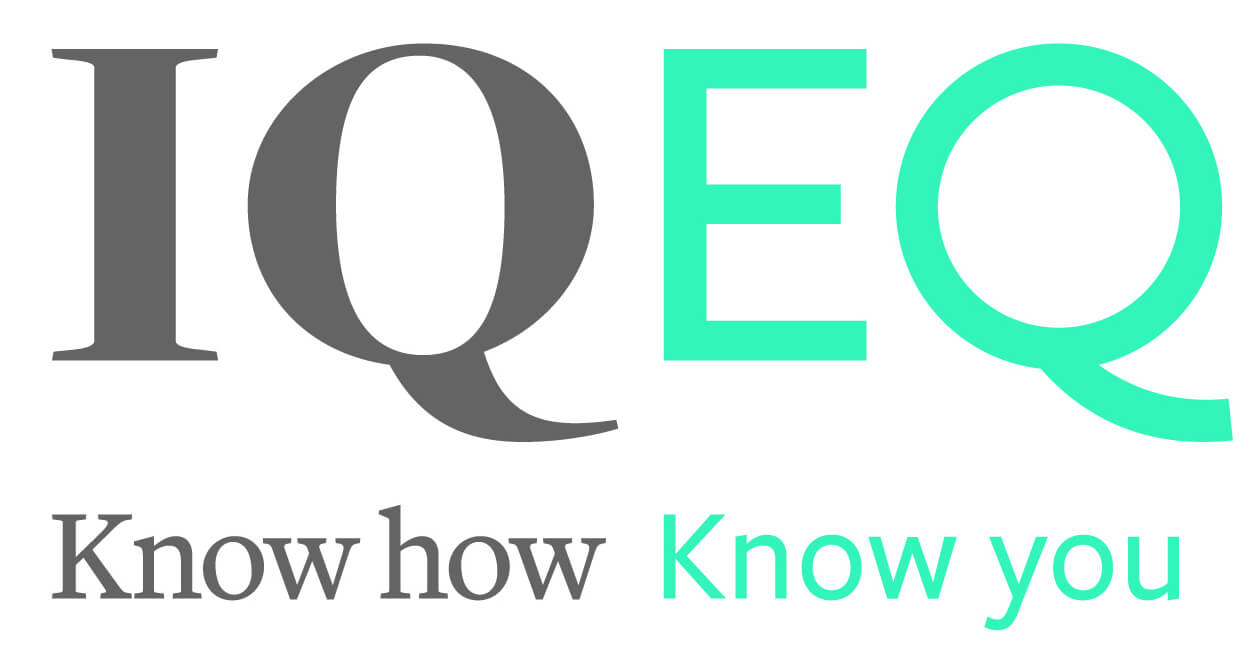Social Security Financing Act
Newsletter - December 2015
The French National Assembly has passed the Social Security Financing Act for 2016. Here we present the main measures it contains.
Social security contributions on termination allowances
Social security contributions on termination allowances are tightened for corporate offices but will become more favourable for salaried employees in 2016. For corporate officers, contributions (social security, CSG (general social contribution), and CRDS (social debt repayment contribution)) are due on all allowances paid for forced termination of the corporate appointment where they exceed five times the annual social security limit, compared to ten times that annual limit until now.
As regards salaried employees, contract termination allowances that exceed ten times the annual social security limit are exempt from social security contributions up to two annual limits. However, CSG/CRDS contributions remain payable on them, as of the first euro, if they exceed ten times the annual SS limit.
Family allowance contributions
Starting on 1st April 2016, the reduced family allowance contribution rate will be extended to salaries that do not exceed 3.5 times the guaranteed minimum wage (SMIC) – compared to 1.6 times the SMIC until now. For memory, the normal rate is 5.25% and the reduced rate 3.45%.
Deferral of the electronic payment reporting (DSN)
Initially planned for 1st January 2016, widespread application of the “déclaration sociale nominative” (DSN) is deferred, to facilitate its implementation for very small businesses and SMEs. A schedule for gradual introduction into the DSN scheme will be set by decree.
In January 2016, companies required to use DSN are the same as those required to do so since May 2015. But this does not exempt them from filing a DADS-U (unified annual declaration of social data) in January 2016. The DADS-U will also become compulsory in January 2017 for all companies. As of 2018, the DADS-U will no longer need to be filed, except by companies that joined the DSN system during 2017.
Social security levies on income from assets
Following the judgement in the “de Ruyter” case, social security levies on income from assets falling within the scope of the European regulation on social security legislation, cannot be levied on the income of people who are registered with the social security organisation of another Member State. The French Council of State followed the position of the Court of Justice of the European Union (CJEU). The public service had to comply with the court’s decision and specify the repayment conditions of the unduly levied contributions.
To circumvent the effects of this legal precedent, the lawmaker has changed the budget allocation of the social security contributions.
Thus, starting on 1 January 2016, the social security contributions will finance organisations providing non-contributory benefits, whereas they were hitherto allocated to organisations providing contributory benefits. The contributions levied formerly financed the Caisse Nationale d’Assurance Maladie (CNAM, national state health insurance fund), the Caisse Nationale d’Assurance Vieillesse (CNAV, national state pension fund) or the Caisse Nationale des Allocations Familiales (CNAF, national family allowance fund), and the courts held that persons registered with social security schemes outside France but within the EU should not have to pay these contributions. Henceforth, the social security contributions will finance the Fonds de Solidarité Vieillesse (FSV, solidarity pension fund), the Caisse d’Amortissement de la Dette Sociale (CADES, social security debt repayment fund) and/or the Caisse Nationale de Solidarité pour l’Autonomie (CNSA, national solidarity fund for autonomy), which will render legitimate the levy of contributions from residents registered with social security organisations in another Member State.
Phase-out of the company social solidarity contribution (C3S)
In accordance with its “Responsibility and solidarity pact”, the Government has decided to gradually phase out the C3S. Many SMEs will now be exempt from this contribution since the tax base allowance is increased to 19 million euros for contributions due as of 1 January 2016, from 3.25 million euros in 2015. The C3S should be totally done away with in 2017.
We are available for any further information about this newsletter or any other accounting, employment, tax or legal matter.
